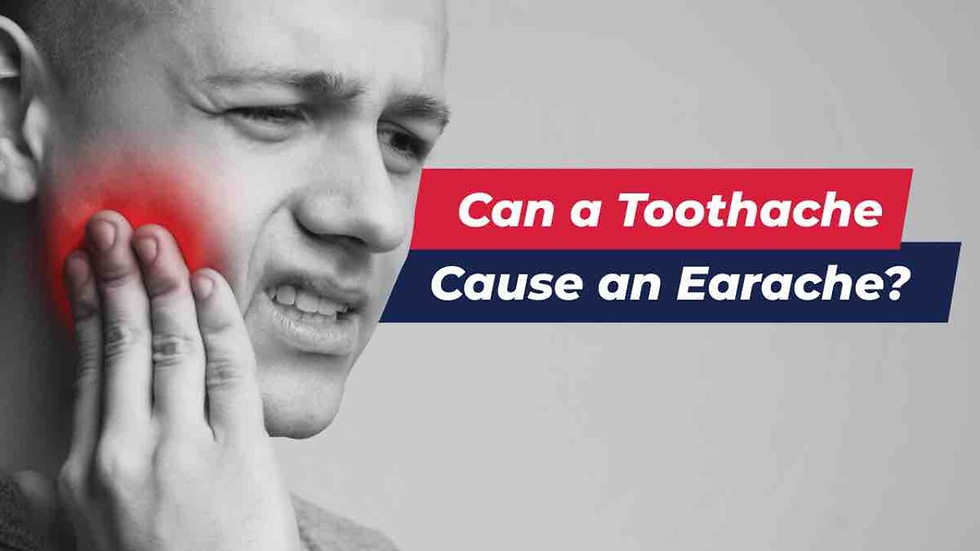The 3 biggest causes of mouth cancer
- damicodds
- Apr 4, 2022
- 3 min read

By knowing the causes of mouth cancer, we can take positive steps to reduce our own level of risk, says a leading health charity.
The number of people diagnosed with mouth cancer has doubled in the last 20 years, with tobacco, drinking alcohol to excess and the human papillomavirus, being the considered the most common causes.
However, new data shows that awareness into the three big risk factors is as low as 15%.

Tobacco
Smoking tobacco increases your risk of developing mouth cancer by up to ten times. This includes smoking cigarettes, pipes or cigars.
Around two-in-three mouth cancers are linked to smoking.
Dr. Nigel Carter, Chief Executive of the Oral Health Foundation says: “Despite the number of smokers continuing to fall, it remains the leading cause of mouth cancer. Our focus must be on providing smokers with the support and information they need in order to kick tobacco for good. It’s never too late to quit and by making this positive step, the health of your mouth and body will see both instant and long-term benefits.
“It is important that government makes their smoke-free target by 2030 a reality. To do this, more funding must be placed into smoking cessation services and campaigns which help more smokers to quit.”
Smokeless tobacco, which is often popular with South Asian communities, is also a major risk factor of mouth cancer and can increase a person’s risk by around seven times.

Alcohol
Drinking alcohol increases your risk of mouth cancer.
Research shows those who drink between 10 and 42 units of alcohol a week could be increasing their chances of developing the disease by as much as 81%. Cases of mouth cancer are nearly three times higher in people who drink regularly.
Data also suggests people who smoke tobacco and drink alcohol, triple their mouth cancer risk.
Clinical Director at Simplyhealth and Denplan, Dr. Catherine Rutland, adds: “Just like tobacco, alcohol is a carcinogen and one of the main causes of mouth cancer. The soft tissue inside the mouth is highly vulnerable to the toxins of alcohol, where damaged cells can lead to cancer.
“Cutting down on alcohol, both the amount you have and how often you have it, can significantly cut your risk of mouth cancer. The NHS Drink Free Days App is an example of a great tool that can help you reduce alcohol intake.”

HPV
The human papilloma virus (HPV) is a type of virus that infects the skin and the cells lining the moist areas of the body. HPV spreads through close skin-to-skin contact, usually during sexual activity. This makes the virus very common.
“For the majority of people, HPV is symptomless and causes no harm,” adds Dr. Carter.
“Around 90% of HPV infections usually go away by themselves within two years, however, for some people they can lead to changes to the mouth and lead to cancer in the future.
“Practicing safe sex and limiting the number of partners you have may help reduce your chances of contracting HPV.”

Dental checkups are not just about teeth.
There are now nearly 55,000 new cases of mouth cancer every year in the US, making it one of the country’s fastest emerging cancers.
Dr. Rutland says: “It is really important to remember that even if you don’t smoke or drink, it doesn’t mean you are not at risk of developing mouth cancer.
“Be pro-active in checking for the signs of mouth cancer. Look for long-lasting mouth ulcers, red or white patches and unusual lumps and swellings. Mouth cancer can appear in the mouth, lips, tongue and throat. Be vigilant and recognize the signs, as well as the causes.
“If you think you are at higher risk, make sure you keep to regular dental appointments. By spotting mouth cancer early, it gives you the best possible chance of beating the disease. So, if you notice any of these signs or anything else unusual, make sure you visit your dentist immediately.”
Karen Liesching Schroder from Essex was ‘shocked beyond belief’ to be told that a seemingly harmless mouth ulcer on her tongue was actually mouth cancer.
Recently speaking on the Oral Health Foundation’s podcast, Karen says: “I didn’t suspect anything. I have never smoked, I didn’t drink much, I was a runner, I was really quite healthy.
“A lot of people think that mouth cancer only happens to smokers, but my story shows that isn’t always the case. I urge everyone to check their mouth once a month so that you are familiar with what it looks like and feels like.
“If you have worried about an unusual change in your mouth then get it checked out. Don’t be frightened but it’s important that you don’t suffer in silence and to remember that the sooner it’s checked out, the sooner it can be sorted.




Comments